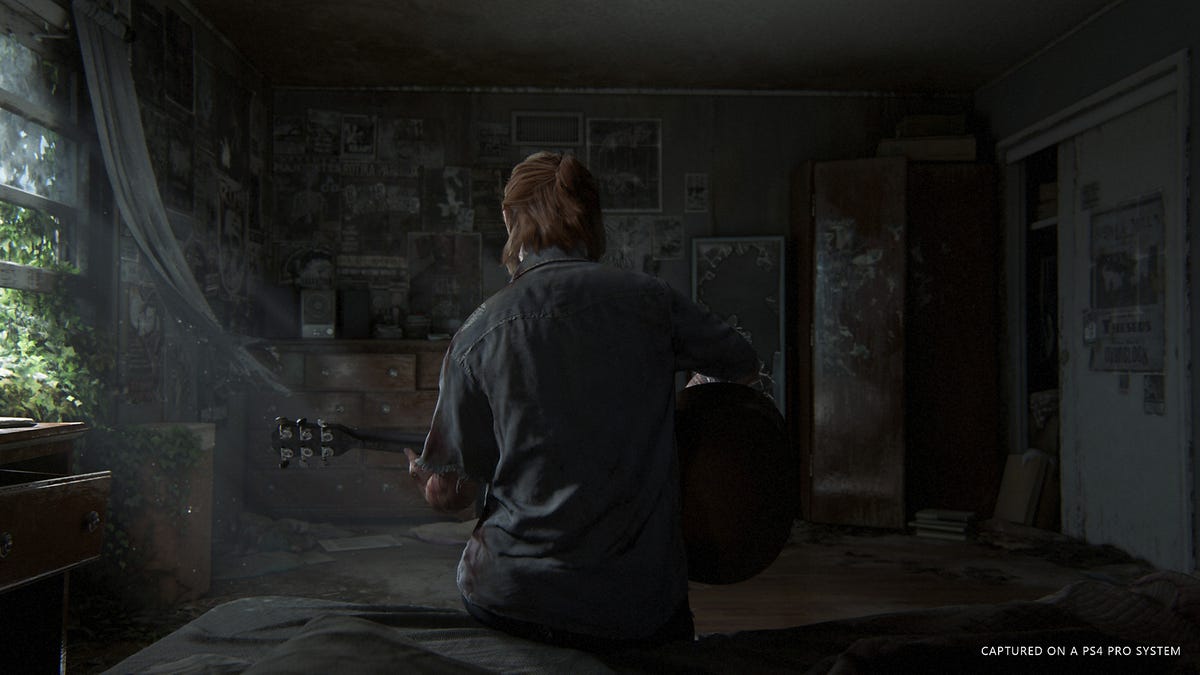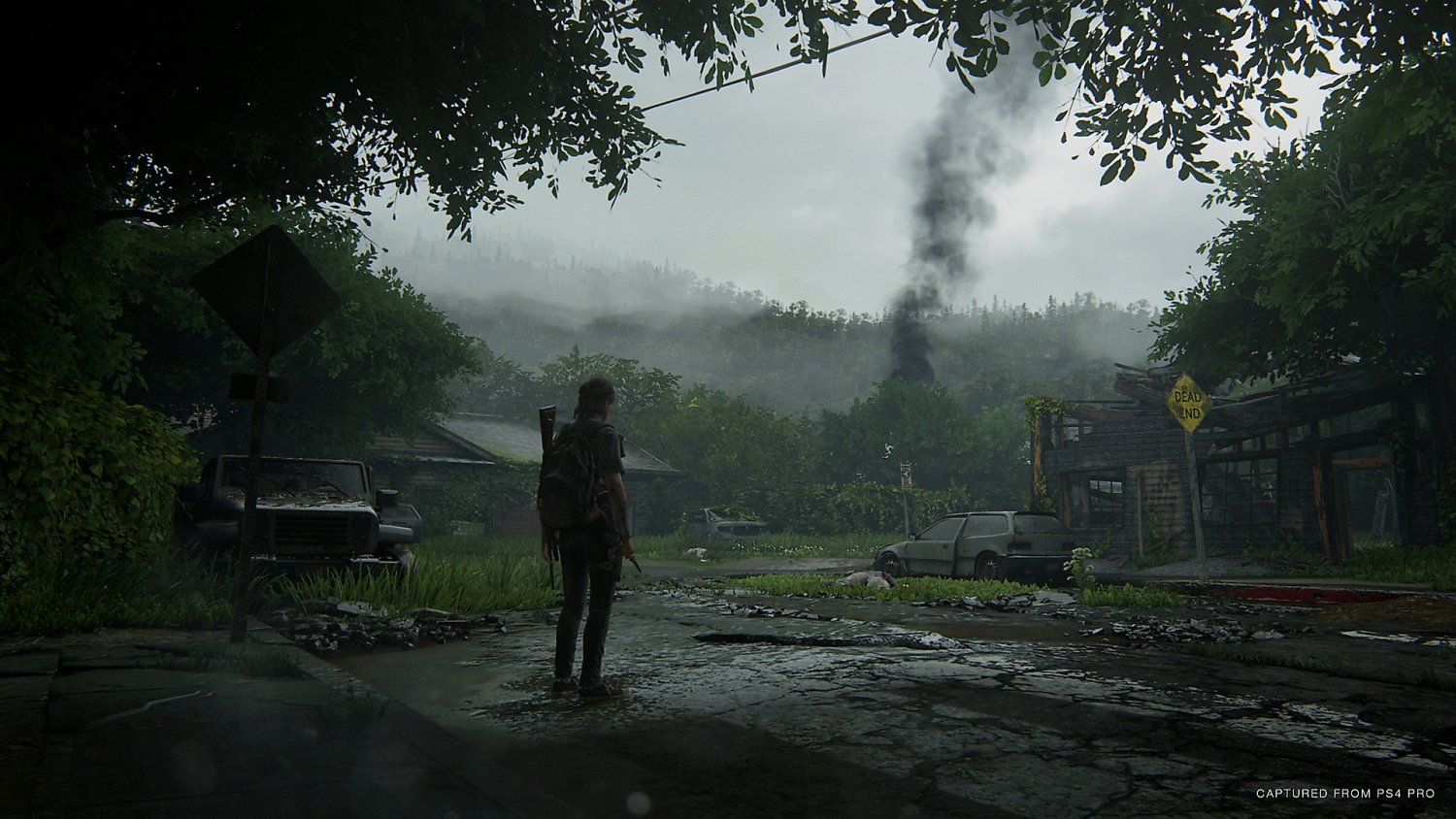This was an argument I would often articulate during the hashing out about how trigger warnings should be handled circa 2013.
My personal context is that I used to have an aunt who tormented me with a ventriloquist dummy named Willie Talk. Willie Talk lived in my grandparents house. Every time I went over, she would bring him out and terrify me with him. It's the kind of thing that could only ever be scary to an especially young child, and it is difficult to convey how frightening it was, but the terror I felt at that age was extreme and debilitating. I believed that doll was evil, I believed it wanted to hurt me, and my aunt played my fear of the doll to her advantage every opportunity she got.
My fear made her jubilant. She loved when I came to the house because she thought it was hilarious how scared I got. When I was a blathering snotty mess, she would put the doll away and promise me she'd gotten rid of it. She said it was in the trash, or in the fireplace, and that she would protect me from now on. She'd make me tell her I loved her and promised the doll was gone forever and then bring it back out at the next opportunity and send me into a tailspin of horror and broken trust. She'd lock me in the closet with it, she'd tuck it in next to me when I was asleep, she would call me to dinner and have it sitting at the dinner table. She made me afraid to go anywhere or do anything because I thought the doll would be there.
My aunt was institutionalized a few years ago. I don't know where she is now.
Up until my twenties I had a paralyzing fear of ventriloquist dolls. Seeing one, especially unexpectedly, would force me into a physical lockdown. My eyes would squeeze shut, I would involuntarily crouch on the ground, and breaking from this position required an immense effort. Even if I only locked down for a few seconds, coming out of it was exhausting. It would suddenly feel like I hadn't slept in days and I would collapse in fatigue at the earliest opportunity.
Every time I would stumble across one in an antique store or see on on television, I physically revolted to the stimulus because I would illogically believe I was about to be murdered. My body would brace itself for it and there was nothing I could do to stop it. I avoided dummies, I warned people I knew, and I just tried to go as much of my life as possible without ever seeing or interacting with these dolls. This was thankfully fairly easy. You don't see ventriloquist dolls every day.
As I got older, I slowly overcame my fear by forcing exposure to the stimulus. The first many times were difficult. I needed somebody else there. I needed to psyche myself up and know it was going to happen. There were a few times where I felt like my heart was going to explode out of my chest and the dummy would actually succeed in killing me that way. But it got better with time. I was able to repress and resist my involuntary convulsions until they stopped happening. I was able to actually laugh a bit about it. It took years of controlled exposure but finally I wasn't afraid of the dolls. I finally considered myself "over it" when I found one in an antique store and was able to pick the doll up.
I still have an involuntary reaction. Seeing a doll unexpectedly still shocks me a bit. I can feel my heart rate go up and sometimes it gives me a sudden sweat response. My eyes always quickly shift away from it as if I'm walking in on somebody naked. But it only lasts about a second and the response is really minor. I can look the doll in the face and keep walking. I am fine.
I would not be a functioning adult who is not afraid of puppets if I continued to shield myself from the stimulus. There are realities and traumas far more damaging than something like this. What I went through is only a fraction of what rape victims or war veterans must process -- I would never equate fear of dolls to that kind of anguish. But my experience did teach me the value of facing your fear until you can resume ordinary function. Even if it never goes all the way away, and even if it still upsets you, you will be stronger if you can overcome it. Hiding from reality gives your trauma infinite power over you. It suppresses and poisons and crushes you and that's why some people found seemingly arbitrary trigger warnings so appealing.
Nobody wants to face their demons. But you must.
Medicine and mental health care do not focus on helping you hide from your pain. They help you process it. They help you challenge it and overcome it. Shelter and censorship will not help you do that. Triumphing over trauma is very hard and everyone works through it in different ways and at a different pace. When denizens on Tumblr wanted me to help them self-censor their exposure to Mass Effect GIFs, I knew I was off the trigger warning train. That is not something I support.
And because this is a sensitive subject, I want to clarify again that I absolutely do not make light of the things that haunt people. I do not think everyone seeking content warnings for their own benefit is hiding from something, or avoiding the truth, or rejecting reality. It's also not my decision when or how people with trauma attempt to overcome it. That's on them. I would not punish or rebuff somebody who isn't ready to do that and I don't intend to shame anyone who seeks the comfort of content warnings in spaces where they are just not looking to stare their demons down. I hope I have articulated that I support anyone with heavy hearts and minds. My issues with trigger warnings are not in their concept, but in their execution and legacy.








